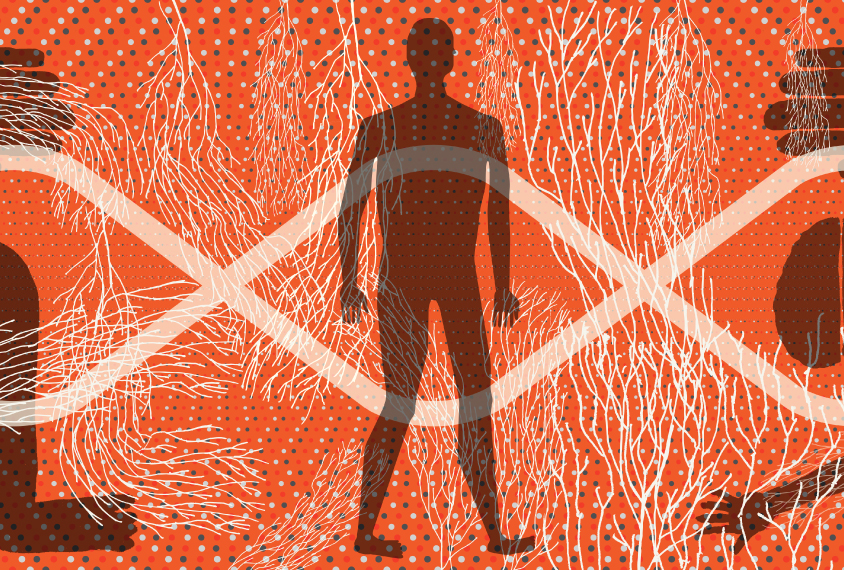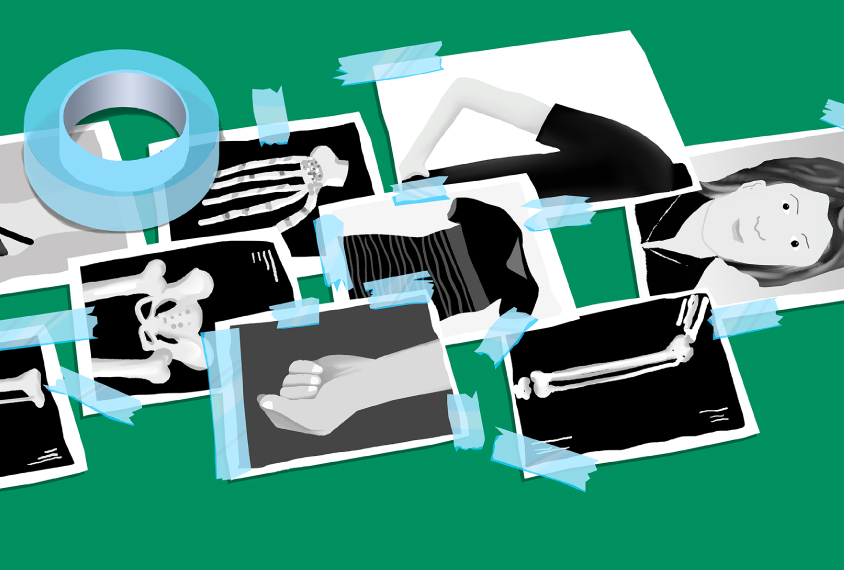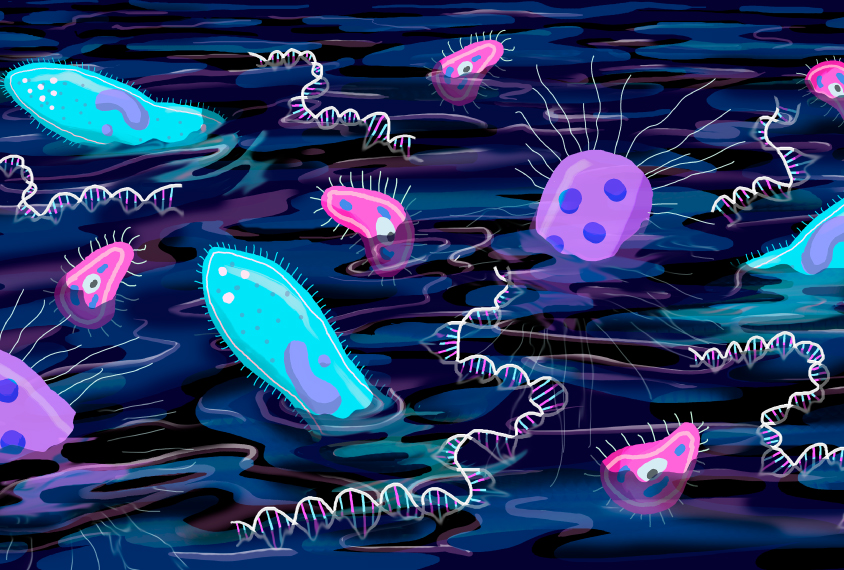Emily Casanova is research assistant professor of biomedical sciences at the University of South Carolina School of Medicine Greenville.

Emily Casanova
Research assistant professor
University of South Carolina
From this contributor
How the autonomic nervous system may govern anxiety in autism
The branch of the nervous system that regulates subconscious bodily processes such as breathing and digestion may play a key role in autism.

How the autonomic nervous system may govern anxiety in autism
What Ehlers-Danlos syndrome can teach us about autism
Not much is known about the connection between autism and Ehlers-Danlos syndrome, a condition that affects collagen. But preliminary work provides tantalizing clues.

What Ehlers-Danlos syndrome can teach us about autism
Evolution of autism genes hints at their fundamental roles in body
Genes associated with autism are ancient, and mutations in them have wide-ranging effects on the body, indicating their importance.

Evolution of autism genes hints at their fundamental roles in body
Explore more from The Transmitter
Shifting neural code powers speech comprehension
Dynamic coding helps explain how the brain processes multiple features of speech—from the smallest units of sounds to full sentences—simultaneously.

Shifting neural code powers speech comprehension
Dynamic coding helps explain how the brain processes multiple features of speech—from the smallest units of sounds to full sentences—simultaneously.
Astrocytes orchestrate oxytocin’s social effects in mice
The cells amplify oxytocin—and may be responsible for sex differences in social behavior, two preprints find.

Astrocytes orchestrate oxytocin’s social effects in mice
The cells amplify oxytocin—and may be responsible for sex differences in social behavior, two preprints find.
Neuro’s ark: Spying on the secret sensory world of ticks
Carola Städele, a self-proclaimed “tick magnet,” studies the arachnids’ sensory neurobiology—in other words, how these tiny parasites zero in on their next meal.

Neuro’s ark: Spying on the secret sensory world of ticks
Carola Städele, a self-proclaimed “tick magnet,” studies the arachnids’ sensory neurobiology—in other words, how these tiny parasites zero in on their next meal.